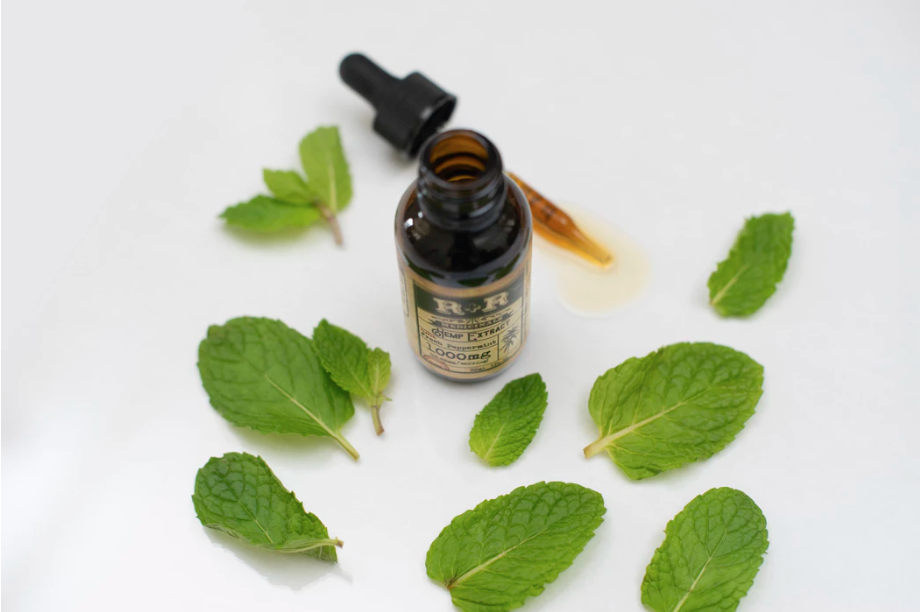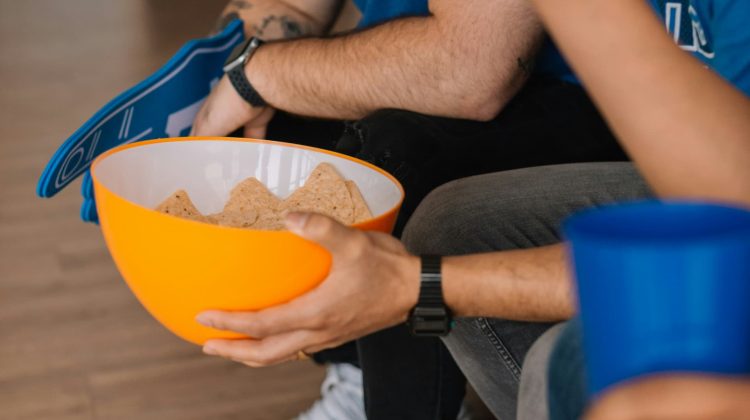Cannabidiol, or CBD, is a chemical compound found in marijuana and has become a buzzword in the health and wellness space. You can find CBD in almost any form ranging from dog treats to chewable gummies. Cannabidiol oil was discovered in 1940 by Dr. Roger Adams and his team at the University of Illinois. The full CBD compound structure wasn’t fully developed until 1963.
Many people take or apply CBD oil to treat a wide variety of symptoms. This article will breakdown the health benefits, potential risks, how to use CBD and issues surrounding legality in the United States.
FAQ’s
- Does CBD get you high?
- Is CBD oil legal?
- What is CBD used for?
- Can you take CBD and pass a drug test?
- Can CBD help you stop smoking?
- Is CBD oil right for me?
Does CBD Oil Get You High?
One of the first things people ask before they smoke or apply CBD oil is, “Can it get you high?” The short answer is no. Cannabidiol oil is non-intoxicating, which means it gives you a natural relaxed feeling without feeling “high” or under the influence.
According to a study a recent study by the Netherlands Institute of Mental Health and Addiction, “The recreational use of cannabis can have persistent adverse effects on mental health. Delta-9-tetrahydrocannabinol (THC) is the main psychoactive constituent of cannabis, and most, if not all, of the effects associated with the use of cannabis are caused by THC.” The study concluded that CBD oil can actually “counteract the negative effects of THC.” This means that not only will CBD not get you high, but it will actually combat the effects of the chemical compound THC – which is known to get you high.
Is CBD Oil Legal?
Yes, the 2018 Farm Bill legalized hemp in all fifty states. Industrial hemp is cannabis with less than 0.03 percent of THC. In the United States, the ability to buy and use CBD oil depends on where it is sourced and varies from state-to-state. Some states have certain restrictions on hemp derived CBD, but generally it is legal across the country.
According to the The National Conference of State Legislatures, the 2018 Farm Bill included the removal of hemp from the Controlled Substances Act and was a push to establish “state-licensed industrial hemp programs and promote hemp as an agricultural commodity in recent years.” Before purchasing hemp or CBD in any quantity, it’s important to always do your research and take caution before buying from an unknown vendor.
What is CBD Used For?
CBD oil has become a very popular remedy to treat several common ailments. Cannabidiol has been studied to have several potentially helpful roles in treating people who are suffering or in pain. If you’re looking for help with mood regulation or suffering pain from a recent injury, CBD might be right for you. David Elk, an injury attorney in Ohio who represents victims involved in traumatic accidents explains, “CBD oil is a perfectly safe and legal alternative for healing chronic pain. Many of my clients are suffering PTSD, depression and chronic pain following an accident and CBD can be a great natural alternative.” While all of the benefits of Cannabidiol are still being researched, the pros seem to outweigh the cons when it comes to CBD use.
Some Common Uses:
- Promoting sleep
- Reducing anxiety
- Pain relief
- Anxiety
- Depression
- Inflammation
- Heart health
- Seizures
- Fight oxidative stress
- Protect against some forms of cancer
Will CBD Oil Show Up in a Drug Test?
The short answer is, no. However, according to hemp experts, “isolated CBD, also known as Cannabidiol, generally will not show up in a drug test. That’s mainly because drug tests are not looking for all cannabinoids, they’re looking for one specific cannabinoid. However, a full spectrum product will contain array of other cannabinoids (such as CBG, CBN, CBC, THCV, etc) which may show positive on a drug test.”
CBD does not show up on drug tests, but THC can. Current standard drug tests aren’t designed to detect CBD but they can still sometimes show a false-positive for “metabolized THC.” In addition, Cannabidiol is not regulated by the FDA, so you may never know what’s actually in the product. If you are concerned you may fail a drug test at your workplace or elsewhere, it’s important to stop taking it as soon as possible to avoid a false-positive result.
According to Direct CBD, the amount of time CBD remains in your system depends on several factors that include:
- Your dosage
- How you administered the CBD oil (vaping, edibles, oil or tincture, etc.)
- Whether you’d eaten beforehand
- Your weight
Can CBD Help Me Quit Smoking?
A recent study published in Addictive Behaviors found that smokers who used CBD infused inhalers instead reduced their intake of cigarettes by about 40 percent. The study suggests there is a strong chance the use of CBD can reduce cigarette consumption in tobacco users.
Another promising study by Neurotherapeutics found that CBD can have potential therapeutic benefits for those who are addicted to opiods. The study reports that CBD, “appears to have low reinforcing properties with limited abuse potential and to inhibit drug-seeking behavior. Other considerations such as CBD’s anxiolytic properties and minimal adverse side effects also support its potential viability as a treatment option for a variety of symptoms associated with drug addiction.”
Is CBD Right for Me?
CBD oil offers a range of benefits that can help enhance or curb certain health ailments. Cannabidiol is considered a safe drug under federal law, but you should always take certain things into consideration before you run to the store. It’s important to keep in mind some common side effects of CBD, this includes tiredness, diarrhea, and changes of appetite/weight. Maintaining a healthy weight and diet, and using in moderation should always be an important factor to consider. If you’re looking to experience benefits of cannabis without getting high, Cannabidiol is right for you!





No Comment